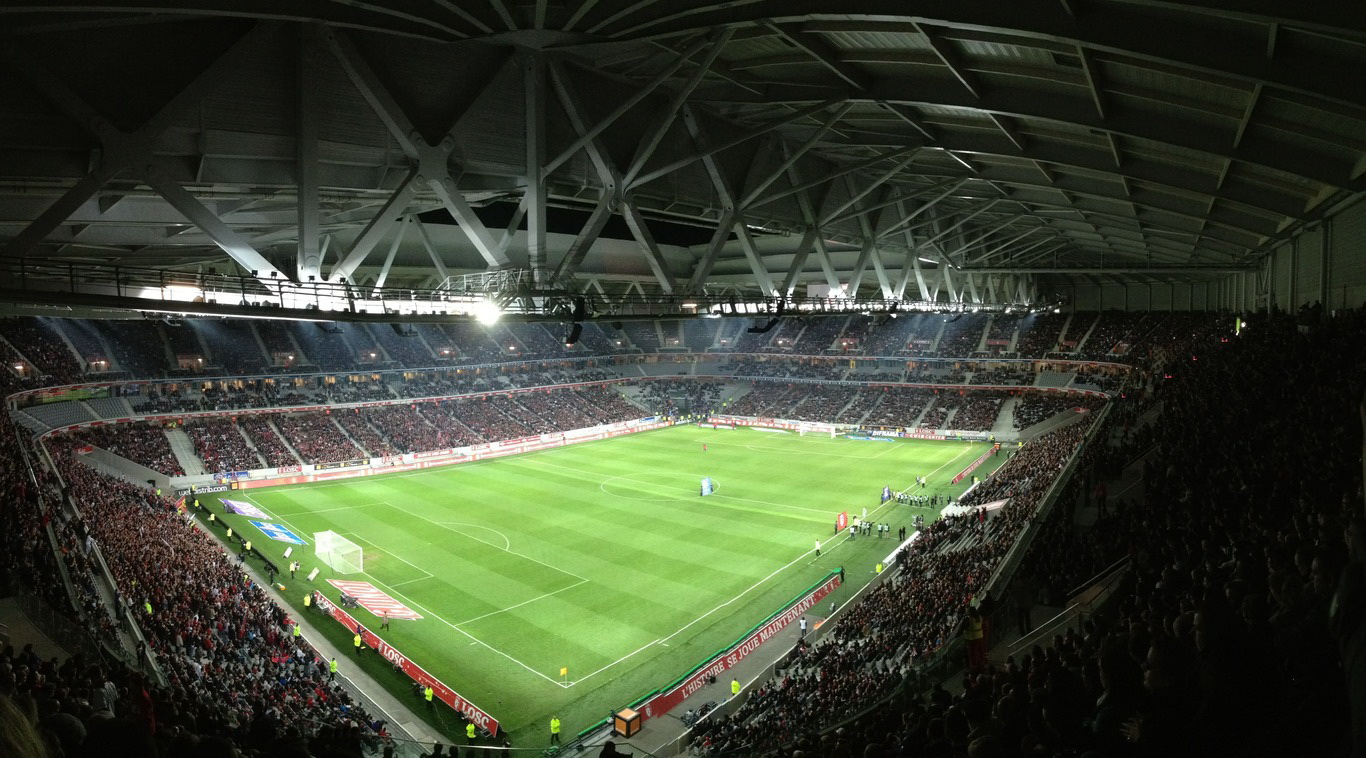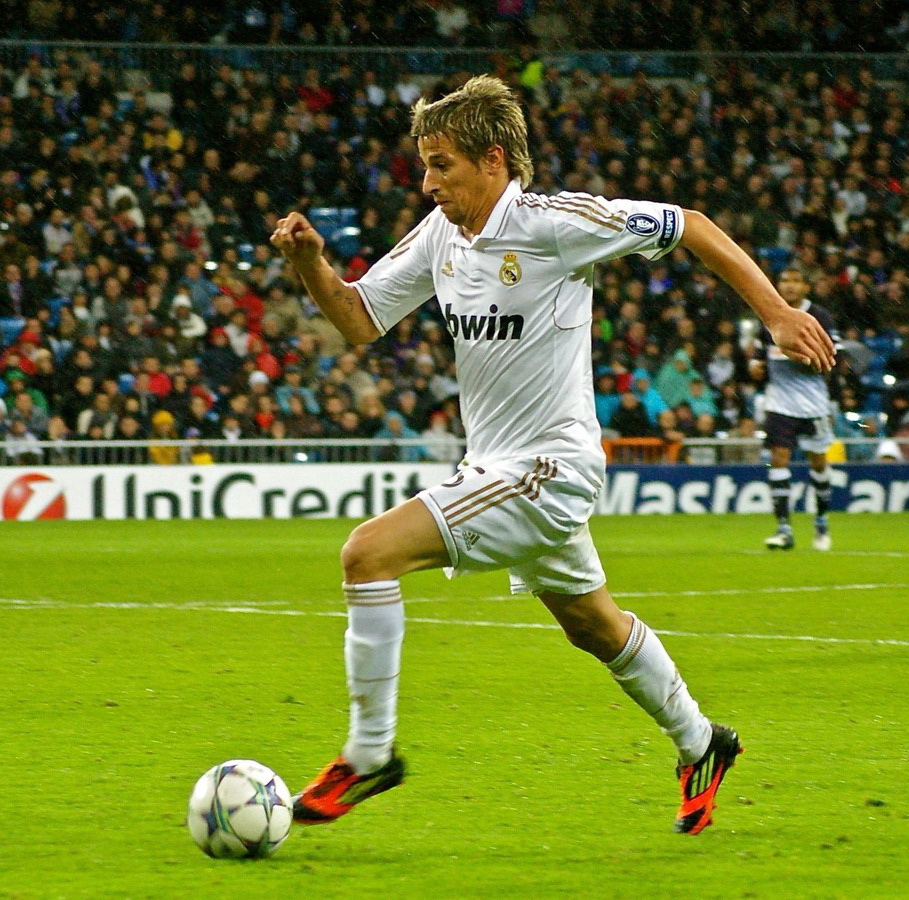Greyhound racing has enjoyed more than sixty years of glory, and it came around when gambling on sports was relatively new, and few options existed. It wasn’t until the 16th century that Queen Elizabeth I regulated the Greyhound races and introduced gaming where spectators can make bets on the winner. At that time, the tracks involved two dogs. Over time, up to 8 dogs were pitted against each other as it started gaining popularity.
There were very few entertainment options, so people were willing to bet on anything back in those days. No sport was even close to being the most popular option in its respective category. It dominated the animal sector in terms of viewership, Betting, and TV deals.
Exposure of broadcasting
The popularity of Greyhound racing increased because of several TV deals in place that featured several significant events. It gave rise to its reputation, which felt as its fading due to concerns over Greyhounds’ health and injuries. But with the help of broadcasters and fans, the racing sport gained momentum and filled stadium seats easily.
Legality of Wagering
Greyhound racing is one such sport in which you can legally wager on this sport from almost anywhere. It is exempt from the Unlawful Internet Gambling Enforcement Act, and it even doesn’t wholly ban online Betting. Click here to get to know some offshore sports-book facilities that are used for Betting.
Effect of Liveliest stadiums
The tracks used for competitive greyhound racing also gave an explosion to the popularity of this sport. The terrific atmosphere attracted several punters to enjoy the thrill at such stadiums. At the venue of Waltham stow, several celebrities made their mark and graced these Greyhound events, thus making it a hugely popular place to enjoy. The natural feel of this stadium hosted numerous prestigious races of Greyhound racing, which always had a packed-out enclosure. Even the Shelbourne Park, known as one of the liveliest stadiums for Greyhound racing, guaranteed a houseful audience.
The raucous atmosphere on race-nights during seasoned racing led to many prestigious tournaments and saw the rise of Greyhound racing. It mostly attracted huge crowds who were novice bettors. The thrill of picking a winner and enthusiastically cheering for it made Greyhound racing a thrilling sport. The ambience at the stadium and the punters’ noise at the bustling stands encouraged Greyhound racing to be a hugely popular sport among fans.
Scope of Betting platforms
Greyhound racing has reached another landmark due to the introduction of betting platforms. People gained interest in this sport as they got the freedom to watch it live and bet on the action. The racing gained its peak after World War II. People from various countries flocked to attend these Greyhound races and even spent millions of dollars in wagering. During this era, Greyhound racing also surpassed the popularity of basketball and hockey.
The thrill of Betting
While the Greyhound racing is great to watch, betting on them even makes it more enjoyable. Greyhounds are great athletes in terms of speed and grace, and when you see them on tracks sprinting around, it makes for a thrilling spectacle. Betting gives you the excitement to predict which of these dogs will pass the winning post first? With the latest trends in betting platforms, it has enticed new generations of fans to the sport. Unlike other animal racing sports, Greyhound racing lasts for about half a minute, making it easy and fast for betting customers to track and watch these races.
Even there are loads of competitions organized less than 20 minutes between races, allowing punters in many countries to enjoy the action. Lastly, with several technological advancements and plenty of ways to bet and numerous options to select, Betting has made Greyhound racing as one of the most popular sports of our time. Thus, none other animal racing till now even has the confidence to even think about reclaiming the glory of Greyhound racing.




